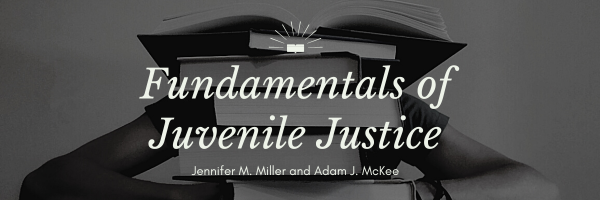Reading Assignment for Section 8.4
Read the following subsection in our online textbook:
What You Will Learn
This section examines the multifaceted impact of social media on juvenile delinquency. You will explore how social media platforms influence juvenile behavior through mechanisms like cyberbullying, online grooming, and peer influences. Additionally, the section addresses legal and ethical considerations, such as privacy concerns and legal implications of online behavior, and discusses preventive measures and the potential positive uses of social media for engagement and education.
Student Learning Outcomes for Section 8.4
- SLO 1: Describe the prevalence of social media use among juveniles and the common platforms they engage with, highlighting the patterns of interaction that can influence behavior.
- SLO 2: Explain the various ways in which social media contributes to juvenile delinquency, including cyberbullying, online grooming, and the influence of peer networks.
- SLO 3: Analyze the legal and ethical considerations related to juveniles’ use of social media, focusing on privacy concerns and the legal implications of juveniles’ online activities.
- SLO 4: Evaluate the effectiveness of digital literacy and safety programs as preventive measures against the negative impacts of social media use.
- SLO 5: Discuss the challenges of monitoring and enforcing responsible social media use among juveniles and the future directions for policy development in this area.
Modification History File Created: 04/26/2024 Last Modified: 11/20/2024
[ Text Section | Back | Contents | Next ]
You are welcome to print a copy of pages from this Open Educational Resource (OER) book for your personal use. Please note that mass distribution, commercial use, or the creation of altered versions of the content for distribution are strictly prohibited. This permission is intended to support your individual learning needs while maintaining the integrity of the material.
This work is licensed under an Open Educational Resource-Quality Master Source (OER-QMS) License.
